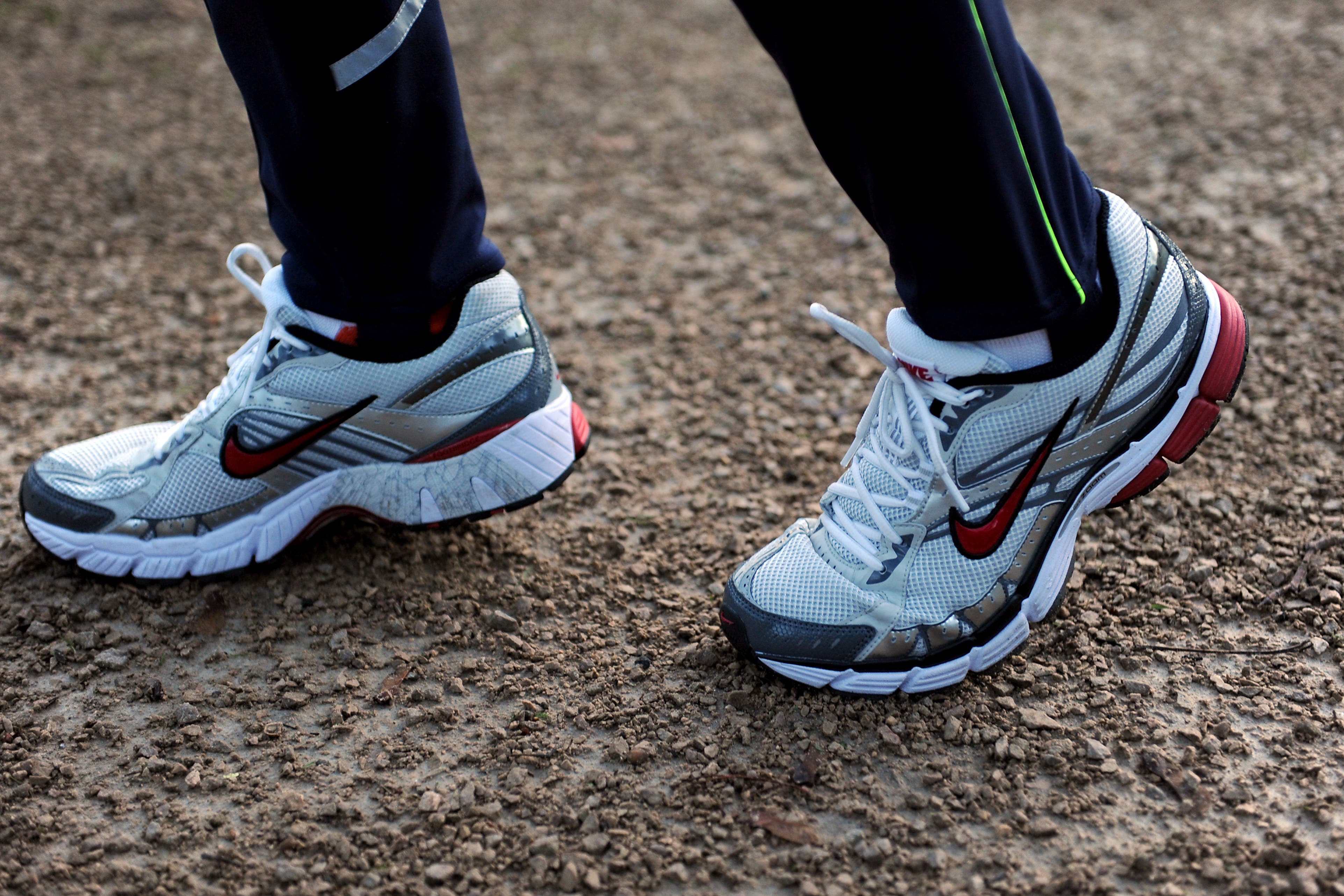New study on transgender women could ‘inform sports policy’
Researchers said the findings of the small study could be considered when officials make decisions about participation in sport.

Your support helps us to tell the story
From reproductive rights to climate change to Big Tech, The Independent is on the ground when the story is developing. Whether it's investigating the financials of Elon Musk's pro-Trump PAC or producing our latest documentary, 'The A Word', which shines a light on the American women fighting for reproductive rights, we know how important it is to parse out the facts from the messaging.
At such a critical moment in US history, we need reporters on the ground. Your donation allows us to keep sending journalists to speak to both sides of the story.
The Independent is trusted by Americans across the entire political spectrum. And unlike many other quality news outlets, we choose not to lock Americans out of our reporting and analysis with paywalls. We believe quality journalism should be available to everyone, paid for by those who can afford it.
Your support makes all the difference.Transgender women do not have as much muscle mass as cisgender men but have higher levels than cisgender women, according to small new study.
Researchers said their new research could help “inform policy” about decisions on the participation of transgender women in sporting events.
The study, published in the British Journal of Sports Medicine, examined muscle strength as well as heart and lung capacity among transgender women who had been taking long-term gender-affirming hormone therapy.
This was compared with men and women who are cisgender – which means their gender identity matches their biological sex at birth.
These findings add new insights to the sparse information available on a highly controversial topic about the participation of transgender women in physical activities
Experts, led by a team in Sao Paulo, Brazil, wanted to assess the impact of long-term oestrogen therapy, and the prior exposure to testosterone during puberty, on performance.
They conducted an analysis on 15 transgender women with an average age of 32, who had received hormone therapy for an average of 14 years.
They also examined 13 cisgender men and 14 cisgender women.
None of the participants was as athlete and all had similar levels of physical activity.
Researchers examined cardiopulmonary – heart and lung – function when participants were using a treadmill.
They also assessed strength through hand grip tests and assessed body fat and muscle mass.
Total body fat was lower among the transgender women than it was among the cisgender women, but higher than it was among the cisgender men.
Similarly, muscle mass was higher among the transgender women than it was among the cisgender women, but lower than it was among the cisgender men.
Grip strength was also greater in the transgender women than it was among the cisgender women, as was cardiopulmonary function.
“These findings add new insights to the sparse information available on a highly controversial topic about the participation of transgender women in physical activities,” the authors wrote.
They added: “These findings could inform policy and help in decisions about the participation of transgender women in sporting activities.
“Future studies involving transgender athletes that account for and quantify variable exposure times to pubertal development and assess muscle cell metabolism are needed to elucidate the effects of long-term gender-affirming hormone therapy on transgender women sports performance.”
This new evidence doesn’t support the eligibility of transwomen for the female categories of most sports
Commenting on the study, Dr Channa Jayasena, clinical senior lecturer and consultant in reproductive endocrinology and andrology at Imperial College London, said: “This small yet well-designed study compared lots of measurements linked to physical performance in transwomen, cisgender women and cisgender men.
“They found differences in muscle development, strength and oxygen usage between the transwomen and cisgender women.
“This suggests that there are likely to be small differences in how the muscles work between trans and cisgender women.
“However, none of the participants were athletes. And it is possible that there are similar differences in muscle function are found among cis-gender athletes.”
Alun Williams, professor of sport and exercise genomics at Manchester Metropolitan University, added: “This new evidence doesn’t support the eligibility of transwomen for the female categories of most sports.
“Studies of well-trained athletes before and during their treatment, using tests that are more accurate and more relevant to competitive sport, are required to better inform sport eligibility policies.”